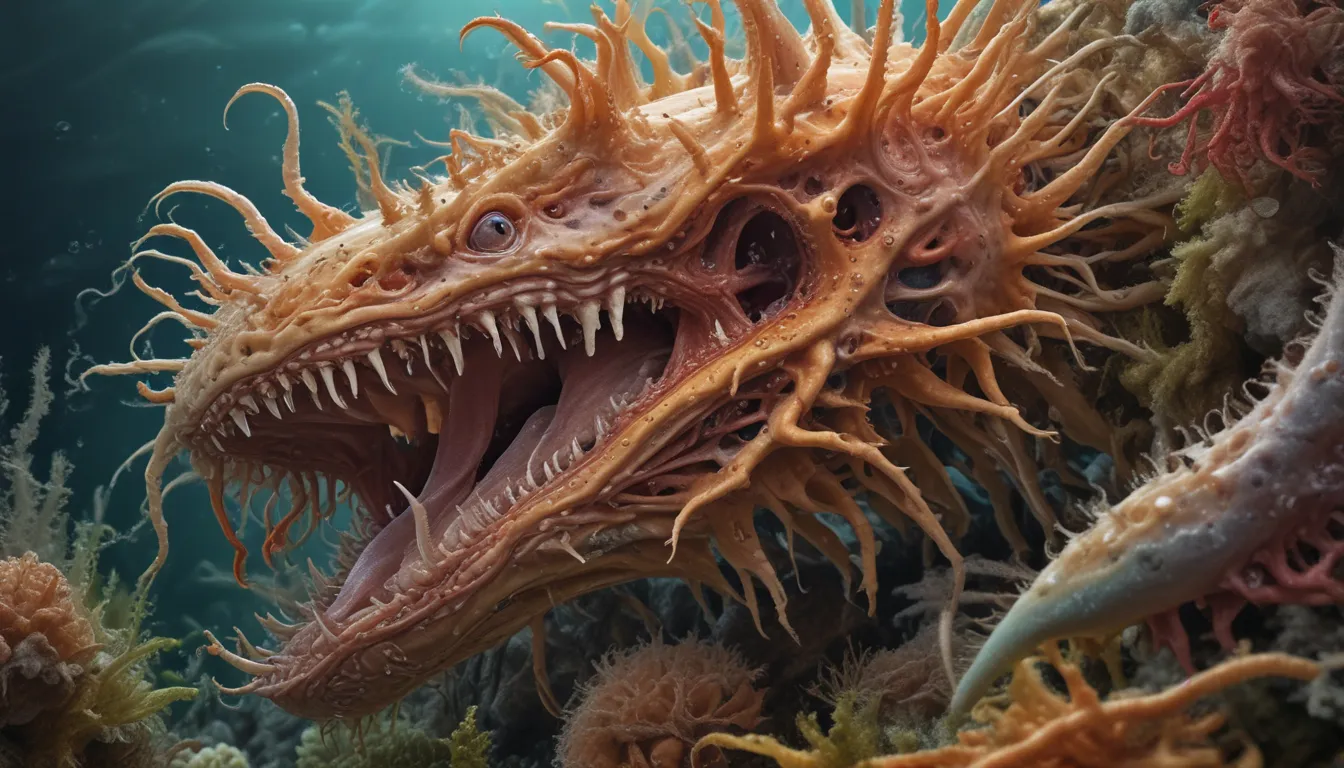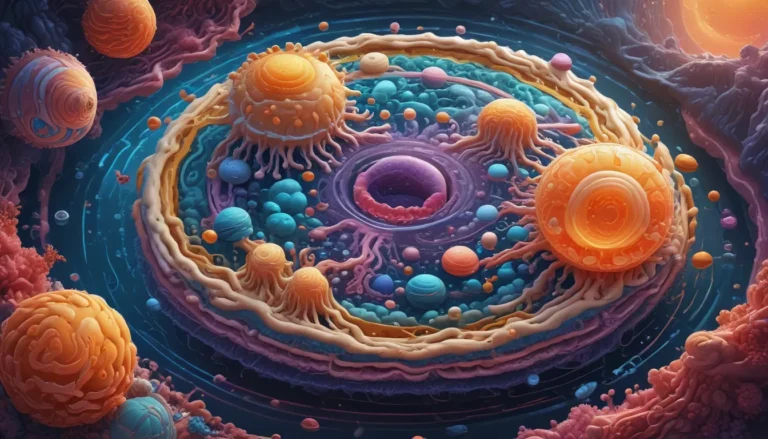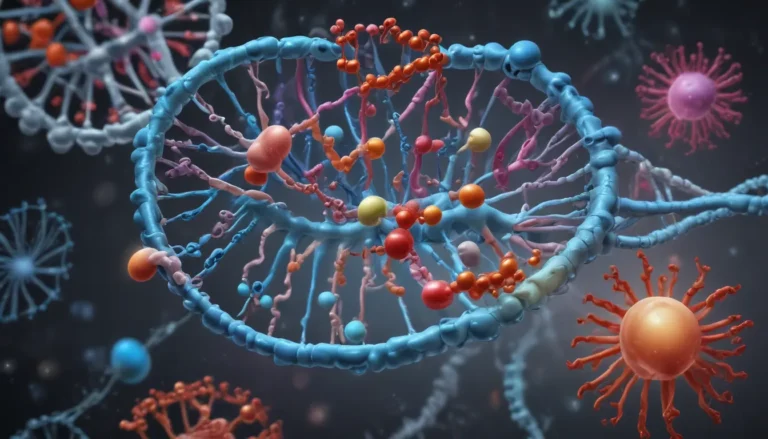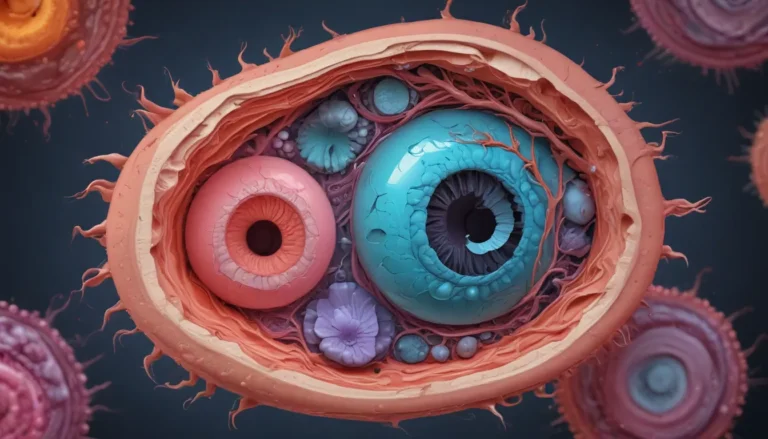A Note About Images: The images used in our articles are for illustration purposes only and may not exactly match the content. They are meant to engage readers, but the text should be relied upon for accurate information.
Protozoan parasites are captivating organisms that play a significant role in the world of biology. These single-celled creatures can be found in a variety of environments, from freshwater to marine habitats, and some even reside within the bodies of animals and humans as parasites. Their ability to adapt and survive in diverse conditions makes them intriguing subjects of study for scientists.
In this article, we will delve into 18 captivating facts about protozoan parasites, shedding light on their unique biology, lifecycles, and the impact they have on their hosts. From the notorious Plasmodium that causes malaria to the microscopic Giardia that causes gastrointestinal issues, each parasite possesses its own intricacies and effects on its host organism.
Embark on a journey into the world of protozoan parasites as we uncover surprising details about their survival strategies, evolutionary adaptations, and the ongoing efforts to combat the diseases they cause.
Understanding Protozoan Parasites:
-
Protozoan parasites are single-celled organisms: Despite their small size, protozoan parasites are complete organisms composed of a single cell. This allows them to carry out all the necessary functions for survival, reproduction, and infection.
-
There are various types of protozoan parasites: Protozoan parasites can be classified into different groups based on their characteristics and the diseases they cause. Some well-known examples include Plasmodium, responsible for malaria, and Entamoeba histolytica, which causes amoebic dysentery.
-
Protozoan parasites have complex life cycles: The life cycles of protozoan parasites often involve multiple stages and hosts, making them incredibly intricate. They may undergo transformations within the host’s body or require different hosts to complete their life cycle.
Unique Characteristics of Protozoan Parasites:
-
Some protozoan parasites have ingenious mechanisms of transmission: Protozoan parasites have evolved unique methods of transmission to ensure their survival and spread. For example, the malaria-causing Plasmodium uses mosquitoes as vectors to transfer from one host to another.
-
Protozoan parasites can cause a wide range of diseases: These parasites are responsible for several debilitating diseases in humans, including malaria, Chagas disease, sleeping sickness, giardiasis, and cryptosporidiosis.
-
Some protozoan parasites have intricate ways to evade the immune system: Protozoan parasites have developed ingenious strategies to evade host immune responses, allowing them to persist and cause chronic infections.
Adaptability and Impact of Protozoan Parasites:
-
Protozoan parasites have adapted to survive in diverse environments: These organisms are highly adaptable and can thrive in various environments, including the human body, animal hosts, and water sources.
-
Protozoan parasites can affect both humans and animals: While some parasites primarily infect humans, others have a broader host range, impacting both humans and animals.
-
Protozoan parasites have complex reproductive processes: They reproduce through various methods, contributing to their ability to rapidly multiply within their hosts.
Challenges and Ongoing Research:
-
Some protozoan parasites can lie dormant for extended periods: Protozoan parasites have the remarkable ability to enter a dormant state, allowing them to survive harsh conditions and infect new hosts.
-
Protozoan parasites can manipulate host behavior: Certain parasites, such as Toxoplasma gondii, can alter the behavior of their hosts to increase the chances of transmission.
-
Protozoan parasites can develop drug resistance: Similar to bacteria, protozoan parasites can develop resistance to drugs used for treatment, posing challenges in managing parasitic diseases.
Prevention and Control Strategies:
-
Protozoan parasites rely on specific vectors for transmission: Many parasites require specific vectors, such as mosquitoes or flies, to transmit from one host to another.
-
Protozoan parasites can cause severe morbidity and mortality: Infections can lead to severe illness, disabilities, and even death, with malaria alone responsible for hundreds of thousands of deaths annually.
-
Efforts are ongoing to eradicate protozoan parasite diseases: International organizations, governments, and research institutions are actively working towards eradicating these diseases through collaborations and interventions.
Conclusion: Unveiling the World of Protozoan Parasites
In conclusion, protozoan parasites are fascinating organisms with a significant impact on human health and the environment. Their ability to adapt, survive, and cause diseases makes them a subject of interest for researchers worldwide. By understanding their biology and behavior, we can develop more effective strategies for prevention, diagnosis, and treatment of parasitic infections. Ongoing research and advancements provide hope for eradicating these parasites and reducing the global burden of disease they impose.
FAQs:
-
What are protozoan parasites? Protozoan parasites are single-celled organisms that can cause diseases in humans, animals, and plants.
-
How do protozoan parasites infect their hosts? They can infect hosts through various means, such as contaminated food or water, insect bites, or direct contact with infected individuals or animals.
-
What are some common diseases caused by protozoan parasites? Common diseases include malaria, amoebic dysentery, toxoplasmosis, and sleeping sickness.
-
Can protozoan parasites be treated? Yes, infections can be treated with specific medications and treatments tailored to the particular parasite and disease.
-
How can I prevent protozoan parasite infections? Practice good hygiene, drink safe water, and avoid contact with infected individuals or animals.
-
Are protozoan parasites only harmful? While many cause diseases, some have beneficial roles in ecosystems.
-
Can protozoan parasites be transmitted from animals to humans? Yes, certain parasites can be transmitted directly or through vectors like mosquitoes or ticks.
Unravel the mysteries of protozoan parasites as you dive into the fascinating world of microorganisms. Explore further by delving into the intricacies of malaria and other diseases caused by these parasites. Discover prevention strategies, ongoing research efforts, and innovative approaches to combat these microscopic adversaries effectively. Your journey into the world of protozoan parasites is just beginning, filled with endless opportunities for exploration and learning.






